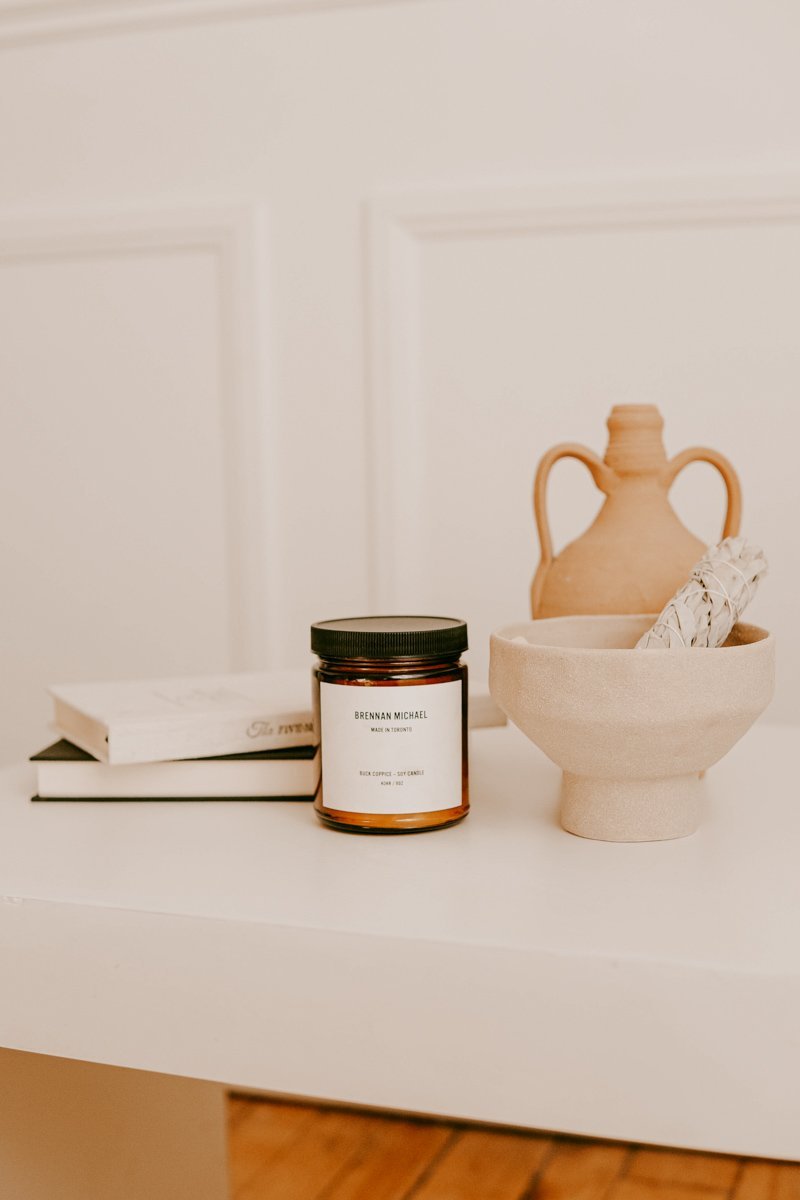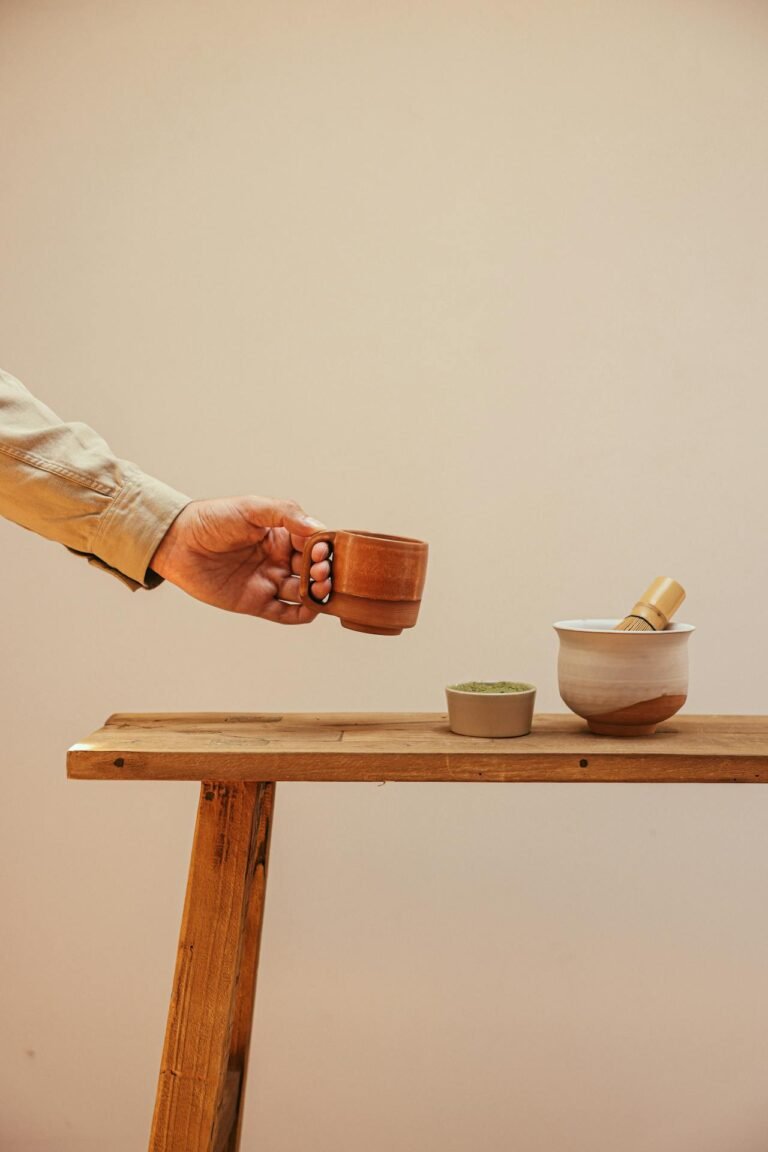Mindful Living: Cultivating Awareness and Presence in Daily Life
If you’re feeling overwhelmed by the constant demands of daily life, you’re not alone. Many people struggle to balance work, family, and personal responsibilities, often leaving little time for self-care. But there’s a way to cultivate inner peace and live a more fulfilling life, and it’s called mindful living.
Mindful living is the practice of being present and fully engaged in each moment, without judgment or distraction. It’s about paying attention to your thoughts, feelings, and surroundings, and cultivating a sense of gratitude and appreciation for the present moment. By living mindfully, you can reduce stress, improve your relationships, and find greater joy and fulfillment in your daily life.
There are many ways to incorporate mindfulness into your daily routine. From meditation and yoga to mindful eating and breathing exercises, there are countless practices you can use to cultivate greater awareness and presence. With time and practice, you can develop a more mindful approach to life, allowing you to experience greater peace, joy, and fulfillment in everything you do.
Foundations of Mindful Living
Living mindfully means cultivating awareness, being present, and paying attention to the present moment. It involves acknowledging your thoughts, feelings, and surroundings without judgment. Mindfulness can help you improve your mental and physical well-being, reduce stress, and increase your overall satisfaction with life.
Understanding Mindfulness
Mindfulness is the practice of being fully present and engaged in the current moment. It involves focusing your attention on the present, without dwelling on the past or worrying about the future. Mindfulness can help you become more aware of your thoughts, emotions, and physical sensations, allowing you to respond to them in a more constructive way.
Cultivating Awareness
Cultivating awareness is an essential part of mindful living. It involves paying attention to your thoughts, feelings, and physical sensations without judgment. This can help you become more aware of your own biases, assumptions, and habits, allowing you to respond to situations in a more constructive way. You can cultivate awareness through practices such as meditation, yoga, or simply taking a few moments each day to focus on your breath.
Embracing the Present
Embracing the present moment is another important aspect of mindful living. It involves being fully engaged in the current moment, without worrying about the past or future. This can help you appreciate the small moments in life and find joy in everyday experiences. To embrace the present, try focusing on your senses, such as the sights, sounds, and smells around you. You can also practice gratitude by taking time to appreciate the people and things in your life that bring you joy.
By understanding mindfulness, cultivating awareness, and embracing the present moment, you can live a more mindful and fulfilling life.
Practical Applications
Living mindfully means being present and aware of your thoughts, feelings, and surroundings. Incorporating mindfulness into your daily activities can be a powerful way to cultivate a more present and peaceful state of mind. Here are some practical applications of mindfulness that you can try:
Mindful Eating
Mindful eating involves paying attention to the experience of eating, including the taste, texture, and smell of your food. By slowing down and savoring your meals, you can avoid overeating and improve your digestion. Here are some tips for practicing mindful eating:
- Eat slowly and chew your food thoroughly.
- Focus on the taste and texture of your food.
- Avoid distractions like television or your phone while eating.
- Take breaks between bites to check in with your body and assess your hunger levels.
Mindful Communication
Mindful communication involves being fully present and attentive when speaking and listening to others. By practicing mindful communication, you can improve your relationships and reduce misunderstandings. Here are some tips for practicing mindful communication:
- Listen actively and without judgment.
- Speak clearly and honestly.
- Avoid interrupting or talking over others.
- Take breaks if you feel overwhelmed or emotional.
Mindful Work
Mindful work involves being fully present and engaged in your work. By practicing mindfulness at work, you can improve your productivity and reduce stress. Here are some tips for practicing mindful work:
- Set clear goals and priorities for your workday.
- Take breaks to stretch and move around.
- Focus on one task at a time.
- Avoid multitasking and distractions like social media or email.
By incorporating mindfulness into your daily activities, you can cultivate a more present and peaceful state of mind. Try these practical applications of mindfulness and see how they can improve your life.
Challenges and Solutions
Mindful living can be challenging, especially when you’re first starting out. Here are some common challenges and solutions to help you stay on track.
Overcoming Distractions
Distractions are everywhere, and they can make it difficult to stay present and focused. To overcome distractions, try these tips:
- Set aside specific times for mindfulness practice. Choose a time when you’re least likely to be distracted, such as early in the morning or late at night.
- Find a quiet space where you won’t be interrupted. Turn off your phone, close your laptop, and eliminate any other distractions.
- Use a guided meditation app or video to help you stay focused. Apps like Headspace and Calm offer guided meditations that can help you stay on track.
Dealing with Stress
Stress is a natural part of life, but it can be overwhelming at times. Here are some tips for dealing with stress:
- Practice deep breathing exercises. Take slow, deep breaths in through your nose and out through your mouth.
- Take a break from your work or other responsibilities. Go for a walk, take a nap, or do something else that relaxes you.
- Practice self-compassion. Be kind to yourself and acknowledge that it’s okay to feel stressed.
Embracing Imperfection
Mindful living isn’t about being perfect. It’s about being present and accepting yourself as you are. Here are some tips for embracing imperfection:
- Let go of perfectionism. Accept that mistakes are a natural part of life and that they can be opportunities for growth.
- Practice self-acceptance. Acknowledge your strengths and weaknesses and accept yourself as you are.
- Be kind to yourself. Treat yourself with the same kindness and compassion you would offer to a friend.
By overcoming distractions, dealing with stress, and embracing imperfection, you can make mindful living a part of your daily routine. Remember, it’s a journey, not a destination, so be patient and kind to yourself along the way.
Continuing the Journey
Congratulations on embarking on your journey towards mindful living! Now that you have started, it is important to continue nurturing your mindfulness practice to fully reap its benefits. Here are some tips to help you continue your journey:
Building a Routine
One of the most important things you can do to maintain your mindfulness practice is to build a routine. Set aside a specific time each day to practice mindfulness, whether it’s in the morning, during lunch, or before bed. This will help you make mindfulness a habit and ensure that you continue to prioritize it in your daily life. Consider using a mindfulness app or timer to help you stay on track.
Mindfulness in Relationships
Mindfulness can also be applied to your relationships. When you are mindful in your interactions with others, you are more present and engaged, which can lead to deeper connections and more fulfilling relationships. Practice active listening, put away distractions, and be fully present with the person you are interacting with. This will help you build stronger relationships and foster a sense of connection and understanding.
Lifelong Mindfulness
Remember that mindfulness is a lifelong practice. It takes time and dedication to fully integrate mindfulness into your life, and it’s important to be patient with yourself. Don’t get discouraged if you miss a day or have a hard time staying focused during your practice. Simply acknowledge the challenge and continue to move forward. With time and practice, mindfulness will become a natural part of your life, leading to greater peace, happiness, and fulfillment.





